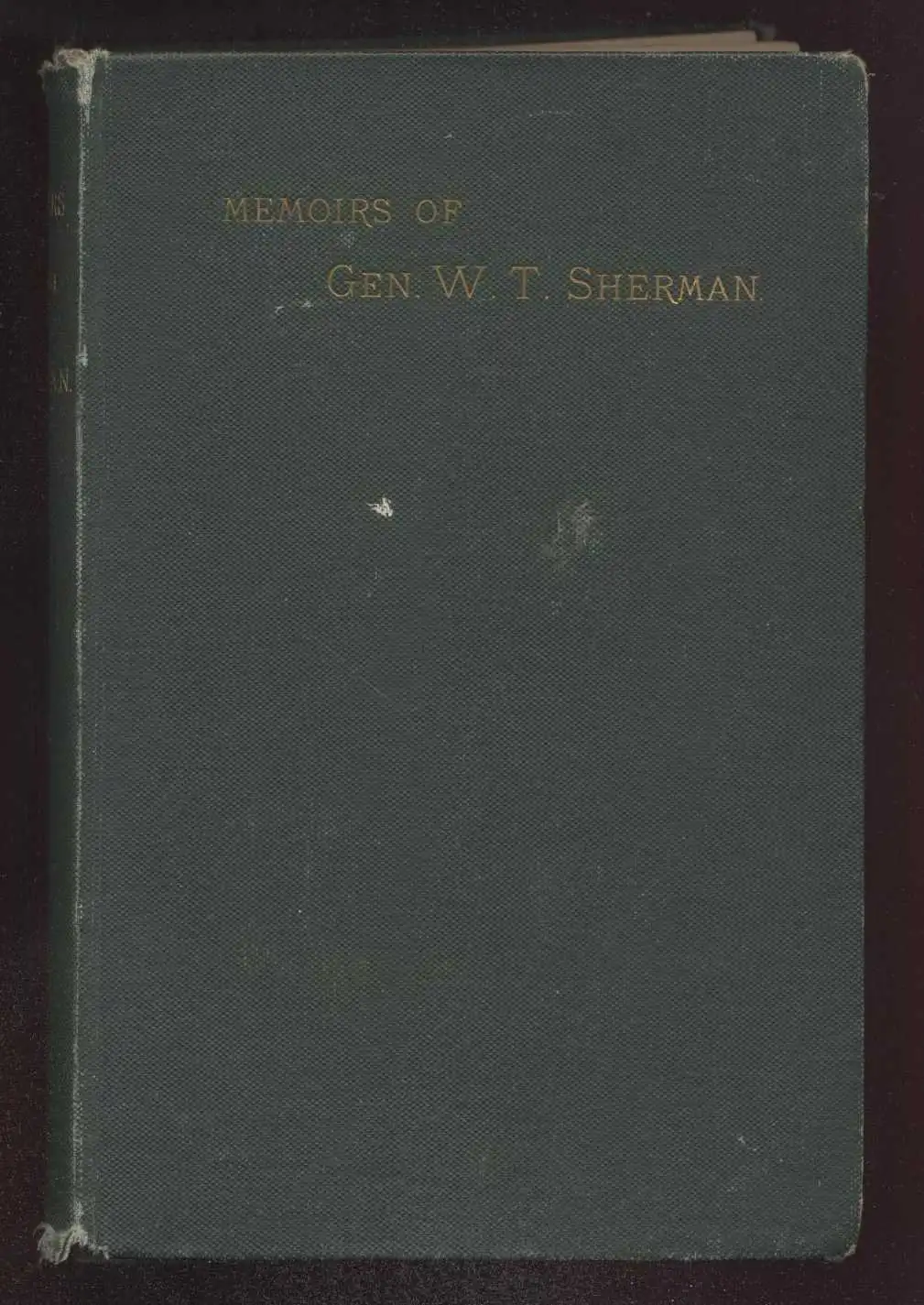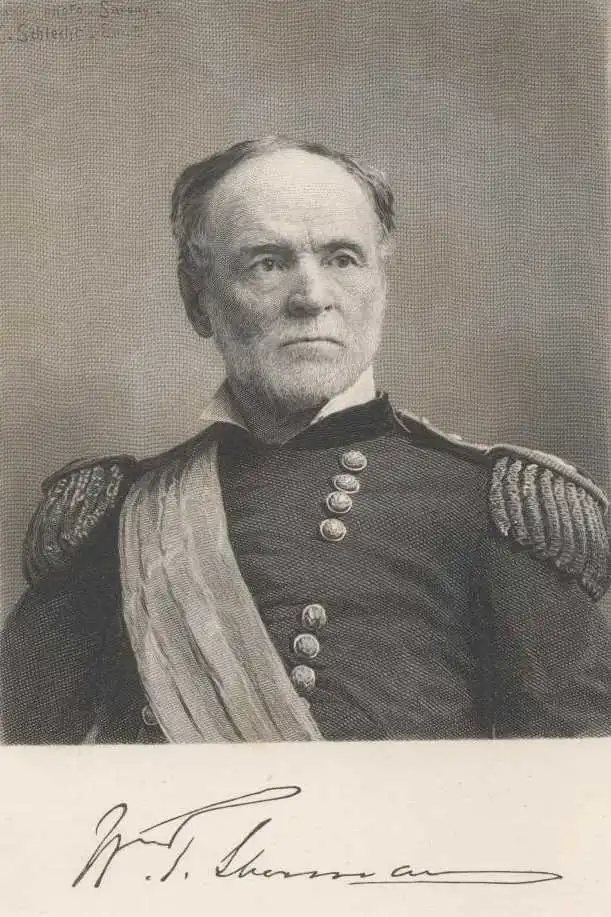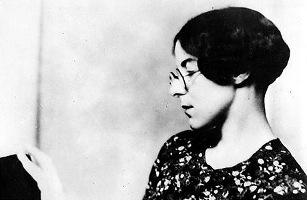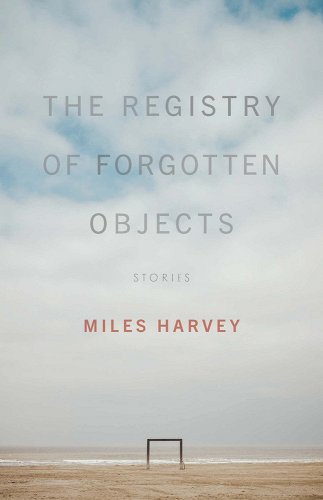The Writer's Almanac from Saturday, November 30, 2013
It's the birthday of the man who said, "A successful book is not made of what is in it, but of what is left out of it": Mark Twain, born Samuel Clemens in Florida, Missouri (1835). In 1867, he published his first book, a book of short stories called The Celebrated Jumping Frog of Calaveras County. It didn't sell many copies, but two years later, he published The Innocents Abroad (1869), a humorous book of travel writing. It was an immediate best-seller, and remained the best-selling of all Twain's books during his lifetime. In it, he wrote: "We wish to learn all the curious, outlandish ways of all the different countries, so that we can 'show off' and astonish people when we get home. We wish to excite the envy of our own untraveled friends with our strange foreign fashions which we can't shake off. All our passengers are paying strict attention to this thing, with the end in view which I have mentioned. The gentle reader will never, never know what a consummate ass he can become, until he goes abroad."
During the next 25 years, Twain published most of his best-known books: Tom Sawyer (1876), Life on the Mississippi (1883), and The Adventures of Huckleberry Finn (1884). Then he teamed up with his nephew to publish the memoirs of Ulysses S. Grant, which were hugely successful. But after these successes, things began to fall apart. Twain invested money into all sorts of companies, including throwing a huge amount of money behind an invention by one of his friends: an automatic typesetting machine called the Paige Compositor. Twain was dazzled by the invention; he described the machine as a "magnificent creature" and a "sublime magician of iron and steel." He wrote to his brother: "All the other wonderful inventions of the human brain sink pretty nearly into commonplace contrasted with this awful mechanical miracle. Telephones, telegraphs, locomotive, cotton gins, sewing machines [...] — all mere toys, simplicities, The Paige Compositor marches alone and far in the lead of human inventions." The typesetter was a dismal failure, and Twain went bankrupt.
Twain published another book, A Connecticut Yankee in King Arthur's Court (1889), but it got bad reviews and didn't sell very well. His financial situation got worse and worse, and he moved to Europe, where his family could live well for less money. He sold rights for a new novel to Century Magazine for $6,500, and quickly wrote Pudd'nhead Wilson (1894). It sold better than A Connecticut Yankee in King Arthur's Court, but not well enough, so he earned money on a worldwide lecture tour.
In 1896, his favorite daughter, Susy, died at the age of 24 from spinal meningitis. Twain, his wife, Livy, and their daughter Clara were living in England when they got word that Susy was ill, and she died before they could make it home. After Susy's death, Twain sank into depression. A few years later, in 1904, his beloved wife, Livy, died. A year after her death, on this day in 1905, Twain turned 70 and had a huge party at Delmonico's restaurant in New York City. There were 170 guests, including Willa Cather, Frances Hodgson Burnett, and Andrew Carnegie. The guests assembled in a parlor, and at 8 p.m. a 40-piece orchestra played a march to alert them that it was time for dinner. Each guest's menu had drawings of Twain in different stages of his life, including in his most recent career as a lecturer — that drawing showed him proclaiming, "Be good and you will be lonesome." Each guest received a 12-inch bust of Twain as a souvenir.
After dinner, several telegrams were read aloud, including one from President Theodore Roosevelt, lamenting the fact that he could not attend; and another full of birthday wishes from a group of British writers, including Rudyard Kipling, J.M. Barrie, Thomas Hardy, and Sir Arthur Conan Doyle. Twain's good friend, the writer and publisher William Dean Howells, gave a toast that ended in a sonnet he had written for the occasion.
After Howells' toast, Twain got up and gave a speech. He compared his 70h birthday to his first, and decided that the 70th was far superior; he said: "I remember the first one very well, and I always think of it with indignation; everything was so crude, unaesthetic, primeval. [...] Why, even the cradle wasn't whitewashed — nothing ready at all. I hadn't any hair, I hadn't any teeth, I hadn't any clothes." He said, "I have achieved my 70 years in the usual way: by sticking strictly to a scheme of life which would kill anybody else." Then he proceeded to explain the lifestyle that had gotten him there, which included eating mince-pie after midnight; smoking at all times when he was awake (including in bed); avoiding exercise at all costs; and living what he called "a severely moral life." He ended his speech: "I am 70; 70, and would nestle in the chimney corner, and smoke my pipe, and read my book, and take my rest, wishing you well in all affection, and that when you in your turn shall arrive at pier No. 70 you may step aboard your waiting ship with a reconciled spirit, and lay your course toward the sinking sun with a contented heart."

https://writersalmanac.publicradio.org/index.php%3Fdate=2013%252F11%252F30.html
#writing #literature #thewritersalmanac



















